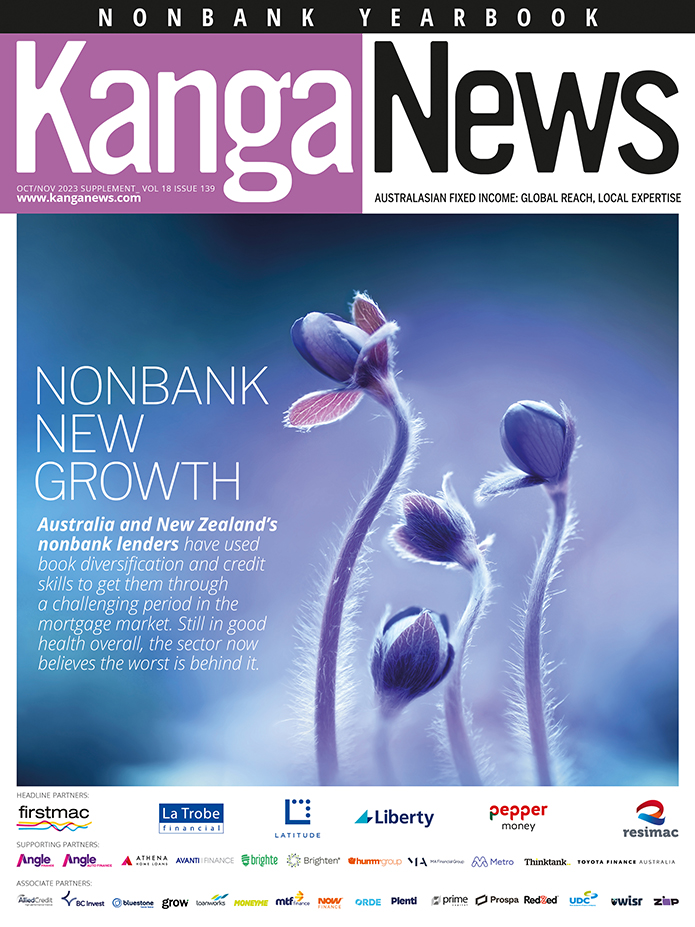
Funding capacity in focus for Resimac
Like many of its peers, Resimac has successfully grown its loan-origination volume in recent years – and has ambitions for further expansion, including in New Zealand. Andrew Marsden, general manager, treasury and securitisation at Resimac in Sydney, discusses business plans and how they will be funded.
Resimac has a stated goal of expanding its presence in the broker space. Can you give an update on how the broker business has evolved and how successful Resimac has been at building market share?
We have since divested from Finsure, though we maintain a strategic stake. But what the investment demonstrated to us is the quality of collateral as well as the volume we are able to realise through the broker-aggregator space.
The royal commission had an adverse effect on sentiment across the market – not just in the broker space. From the final quarter of 2018 through to the end of the royal commission there was a drop off in volume coming through from brokers. But this was in line with a fall in system growth. In our view the drop was driven by sentiment from both brokers and borrowers.
We took comfort from the way in which the broker industry consolidated to highlight the strengths and attributes of the sector. Politicians on both sides took notice of this and understood the importance of the sector. We now think it will have an even more entrenched role in the distribution of credit going forward.
We have in the past heard interest from Resimac in how it can capture things like housing-emissions data. What is the status of Resimac’s interest in sustainable lending – and perhaps debt issuance?
How else is Resimac hoping to drive growth in loan origination?
We continue to see the possibility for growth in the prime space because of the sheer size of the market itself. Growth will always be limited by the capacity of our term securitisation programme, though.
The prime securitisation programme is our bread and butter and nonconforming is a natural adjunct to this. The specialist-lending products we offer to the market have a degree of homogeneity, though – we are not chasing SME borrowers or nonresidential lending at the moment, for example.
How are you seeking to address the capacity constraints in securitisation?
If the strategy of the organisation was to have continued material growth in its asset portfolio, we would look at different forms of wholesale funding – potentially away from securitisation. However, this does not form part of our current strategy.
Can you tell us a bit about the growth opportunity and funding nexus in New Zealand? Specifically, does the ability to fund a New Zealand dollar book in the local capital market allow Resimac to match its growth ambitions?

nonbank Yearbook 2023
KangaNews's eighth annual guide to the business and funding trends in Australia's nonbank financial-institution sector.







